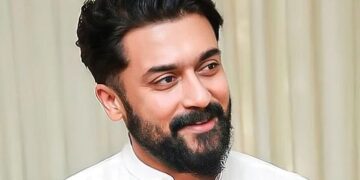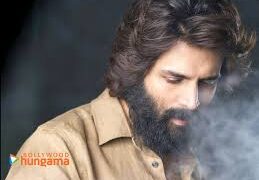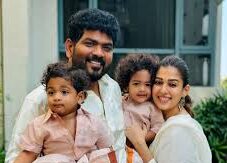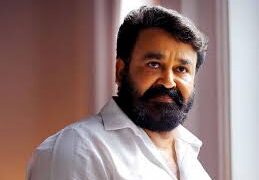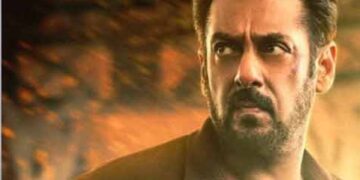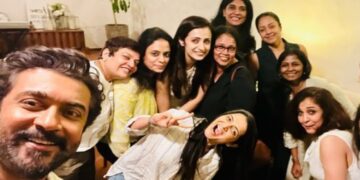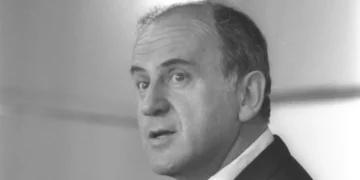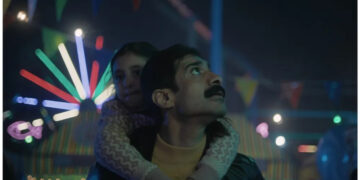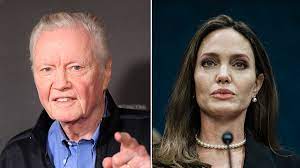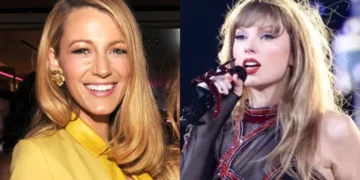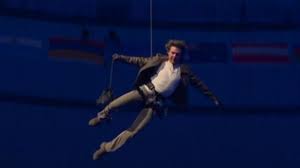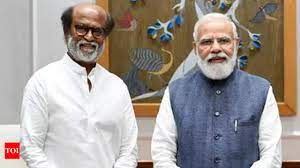Naga Chaitanya and Sobhita Dhulipala wrote that praise coming from PM Modi “is truly special”. They also added that they are “immensely grateful”.
Actor Nagarjuna expressed his gratitude to Prime Minister Narendra Modi for honouring his father, Akkineni Nageswara Rao. Taking to X, Nagarjuna penned a note for the PM’s kind words for his father. His son, Naga Chaitanya, and daughter-in-law, Sobhita Dhulipala, also shared posts on Instagram.
How Nagarjuna thanked PM Modi?
Sharing a clip, Nagarjuna tweeted, “Thank you, Hon’ble Prime Minister shri @narendramodi ji, for honoring my father, ANR Garu, on his centenary year alongside such iconic legends. His vision and contributions to Indian cinema continue to inspire generations, and this recognition means the world to our family and countless admirers of his work (flower bouquet emoji). #ANRLivesON #IndianCinema.”
What Sobhita, Chaitanya wrote?
Sobhita shared a post on Instagram featuring Nageswara Rao and PM Modi. The words on the photo read, “Thank you, Shri Modi ji, for your wonderful words about Akkineni Nageswara Rao Garu’s artistic merit and his efforts that have played a key role in shaping the brilliant Telugu film industry as we know it today. It is truly special coming from a stalwart like you! Immensely grateful (folded hands emoji).” Her husband-actor Naga Chaitanya also shared the same post.
PM Modi praised Akkineni Nageswara Rao in his address, saying, “Akkineni Nageswara Rao Garu took Telugu cinema to new heights. His films presented Indian traditions and values very well.” The PM on Sunday also paid tribute to Raj Kapoor, Mohammed Rafi, and Tapan Sinha in his last Mann Ki Baat address of 2024.
About Akkineni Nageswara Rao aka ANR
Akkineni Nageswara Rao, widely known as ANR, was an actor and film producer. In his seven-decade career, he starred in many films, such as Vipra Narayana (1954), Tenali Ramakrishna (1956), Mahakavi Kalidasu (1960), Bhakta Tukaram (1971), Chenchu Lakshmi (1958). He is also known for films including Laila Majnu (1949), Ardhangi (1955), Gundamma Katha (1962), and Manam (2014).










